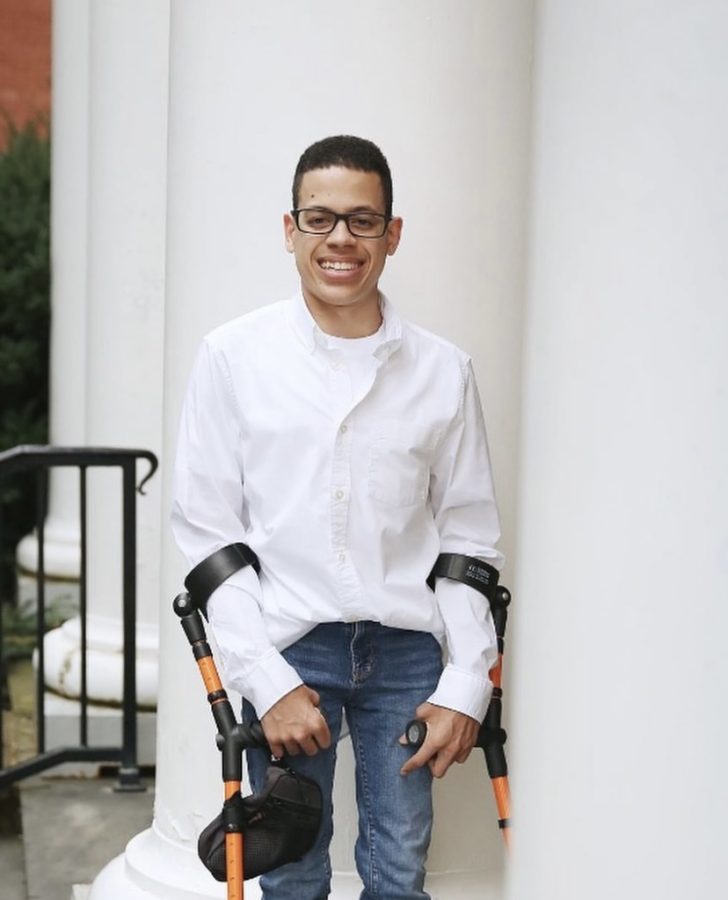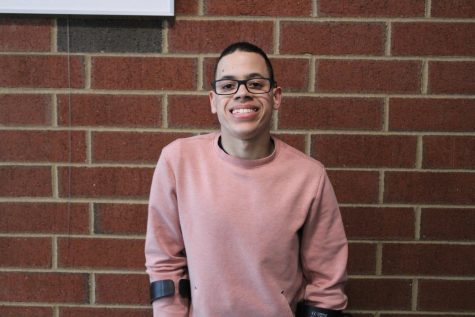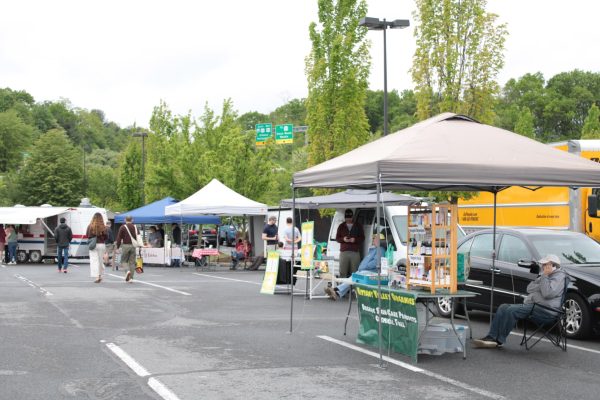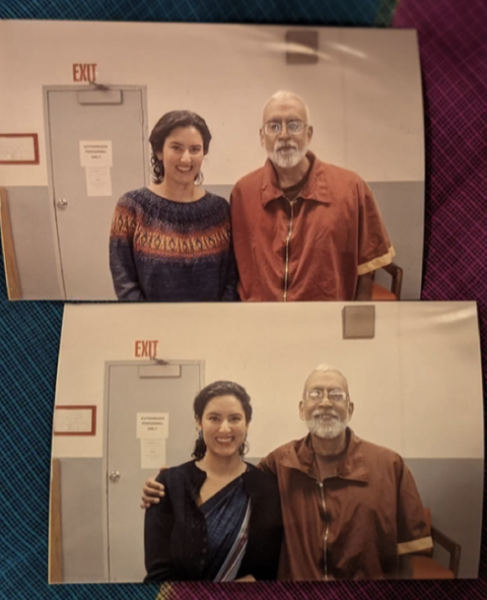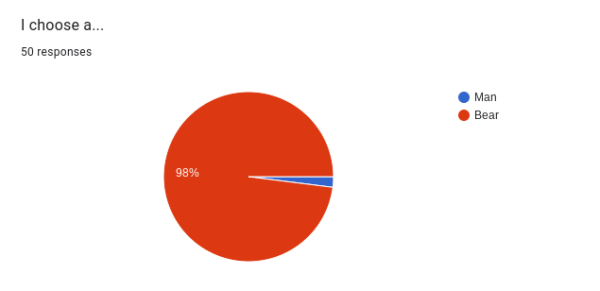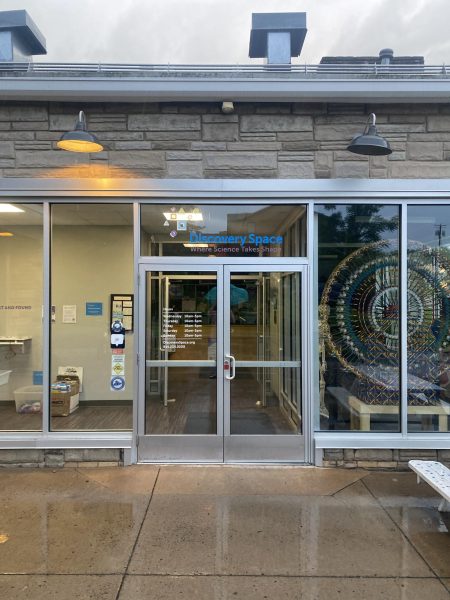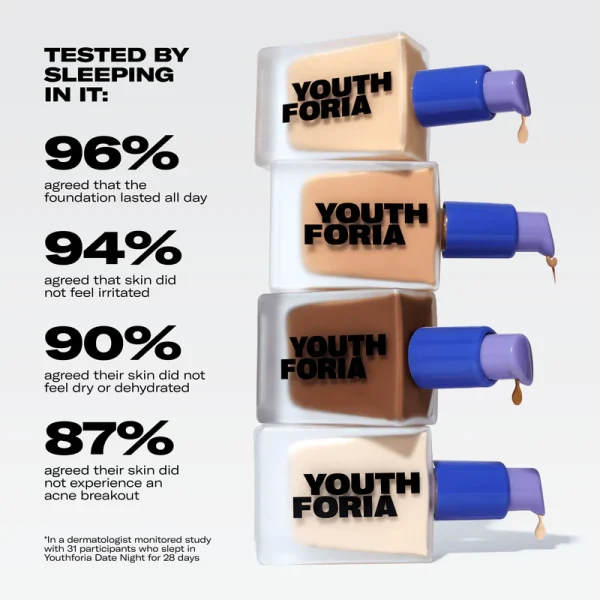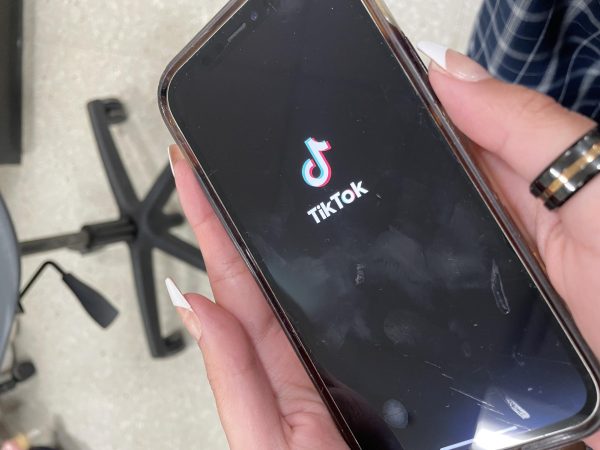The Treatment of People with Disabilities at State High
February 15, 2023
Hello! My name is Anthony Fitzgerald and to those who don’t know, though I try to make it seem like a minor inconvenience, I have Cerebral Palsy. I wouldn’t say that I am disabled because I don’t see myself as such.
The term “disability” can be demeaning at times because it makes you feel like you are disabled rather than enabled. It’s as if you’re being tied down to a word that isn’t true. Despite the fact that these interactions have gone down over the years, it still has created some misjudgments among my peers here at State High. Luckily, having a disability has given me a platform to share some of my experiences.
Why does it only take one glance before an automatic judgment is made? There are two different types of people at State High. The ones who are unbothered by the disability, and there are ones who are. When I am in the hallway and someone bumps into me and says, “Sorry Bud,” the interaction results in lasting effects.
Trying to be a person you’re not towards someone else eliminates that social connection most have. It really shows unawareness. Instead, “Hey man, sorry about that.” That’s different, and it goes a long way. Dealing with this attitude of indifference firsthand has given me the experience of having several unpleasant interactions.
Putting a disabled person (and I hate those words) in a situation where they are being talked down to, would give them the impression that you’re making assumptions as to what they can and cannot do.
We are set to believe ignorance is harmful. That still holds true. People are quickly blinded by their own assumptions of someone else–a sentiment all too familiar for me. It has left me pondering the following question: How long will it take others to realize that I have the same wants, and desires as any other teenage boy?
It is important to note that it should not be my responsibility to tell you how to treat me. It’s a social cue.
The interesting fact is, when able-bodied people come in contact with someone who has a disability, people tend to be close-minded and unwilling. These harmful ideas have embedded themselves within our society for generations without consequence.
Specific labels and misjudgments that target people with disabilities are not necessarily designed to harm or hurt. But I would suppose that social interactions, no matter how small, are the things that leave the biggest impact.
It gets exhausting when you are constantly being treated differently, constantly seeing the immediate change in attitude when people talk to you specifically.
When people try to make others feel normal, it often ends up doing the exact opposite. After a certain amount of time, you notice that difference in daily interaction. It is time to address the mistreatment of those who are physically disabled – and the ongoing stigma that accompanies a disability.
Stemming from an assumed difference in ability and aspirations comes the disappearance of opportunities – leading to a disinterest and unwillingness to all that person has to offer.
Many argue that their harmful comments and attitudes are an attempt to be inclusive. It is not usually seen that way. We shouldn’t be trying so hard to make people feel normal. That statement can go both ways. When dealing with an issue such as this, I feel that it is important to acknowledge the changes that need to be made to normalize disabilities.
The difference between being real and being fake are evident when someone’s entire demeanor suddenly changes. Issues like these are bound to be addressed and aren’t being talked about enough to make change happen. Attitudes differ significantly depending on the situation, specifically in social interaction. I don’t think people realize how big of an impact it would have.
Spreading awareness requires us not to be distracted by the very thing we are trying to end. Using someone’s disability as a form of hate and stereotyping will not accomplish the goal by any means. A direct attack against someone you don’t know isn’t a smart idea. This is because it shows that your judgments are based solely on one’s assumption rather than their character. You may not even know how it makes them feel! How could you look at someone and decide to treat them differently?
In regard to disability awareness, it is important to take into account that I am not trying to change anyone’s mind, the point is to inform. Disability awareness is an important topic because it is very vast. We don’t all face the same issues as another person with a disability would. Experiences can vary and change depending on the situation.
It is important to listen to those who experience discrimination firsthand and make changes so that these small things like walking down the hallway, don’t become a struggle for even more people in the future with disabilities.
Ignorance is something I deal with everyday here, at State High. Even as a senior, the older I get the stranger my day to day interactions get! Students who may not know me well call me nicknames such as “Bud” and they are usually underclassmen. Some things you may need to take into consideration before any further type of social interaction: Did they vocalize that they needed help? Is it your direct intention to cause any harm?
Putting anyone in a position of general confusion would make them uncomfortable. Especially if that person is much younger than you. If they look like they’re struggling with an everyday task, the main reason why that person is avoiding talking to you is because they’re afraid. They don’t know if you will call them something like “Bud” or “Buddy”.
Dealing with It myself, I know firsthand that nicknames like “Buddy” carry a strong significance and it would probably make the whole situation worse. You may say it and think nothing of it, though it carries a whole other weight toward the person on the receiving end. It is not their responsibility to tell you how they would like to be treated.
The truth is, that whether intentional or not, bringing attention to this issue is important for future generations. Though it seems cliché, the rule of treating other people “the way you want to be treated” speaks volumes in these types of situations.
You should rather approach strangers with the expectation that they can rather than can’t. You should never walk up to a disabled person because you think they need help. If you are someone who gives off really good energy towards people and then you go up to the disabled person and give off a different response, it gives off a passive-aggressive nature. It gives me, in particular, the interpretation that I am thought of as lower by the other students. People with disabilities want to be respected for what they bring to the table. It can feel dehumanizing to be seen as less than.
Treat someone how you would want to be treated. It’s simple. The passive aggressiveness is thought to be respectful but this misconception is why this issue is not spotlighted enough within the world. I see it as condescending, as if they think I am slow.
Speaking in a patronizing manner or tone and then dramatically changing it, is highly noticeable. It’s like putting together a facade or filter in order to hide your true self in front of someone you think is slow. People with disabilities deserve better. It is up to all of us to owe a responsibility. The type of responsibility to try and do better.
In order for enough people to realize the negative attention they bring to people with disabilities, we need to talk about it more. This issue isn’t talked about as often as it should be, now is the time to change that narrative. Many people choose not to speak to someone with a disability out of embarrassment, or they may argue that it is hard to carry a conversation with someone who is disabled because they just don’t have the patience or interest to.
While it is true that some of these individuals may not be open or willing to speak to those who are different based on reputation or embarrassment, it shows. The center focus of an encounter should not be on the disability, but on the person. The question remains – why are people with disabilities stereotyped so often?
Research in the field of Disability Awareness indicates that people with disabilities are often seen as incapable or dependent on other people. However, that is not the reality. The reason for these thoughts is not based on the person themselves, but from the perspective of others. Looking from the outside, perceptions change.
I think through the mindset and perspectives of others that push the “rules” of their direct conscience. This is seen in social norms. Being aware of a physical disability, and not taking note of it. A common stereotype is that of helplessness and pity. This idea of a new type of change may not be just beneficial to me, but for others who face the same issue but are afraid to speak up about it. By taking this type of action, it could also surprise the people in that audience that call someone by the nickname “Buddy.” Today, it is completely normal to walk up to someone who is visibly disabled and treat them badly.
Another example would be something like an orthopedic impairment. Something like an orthopedic impairment does not have anything to do with someone’s mental state. This is a common misconception. People in general, not just students, need to take the time to know the person before pretending to know them.
Disability awareness is what everyday people think is socially acceptable. Eliminating the condescending attitudes people have towards disabilities, would change lives. Having a natural respect for everyone would change the outlook of other people who have disabilities.

